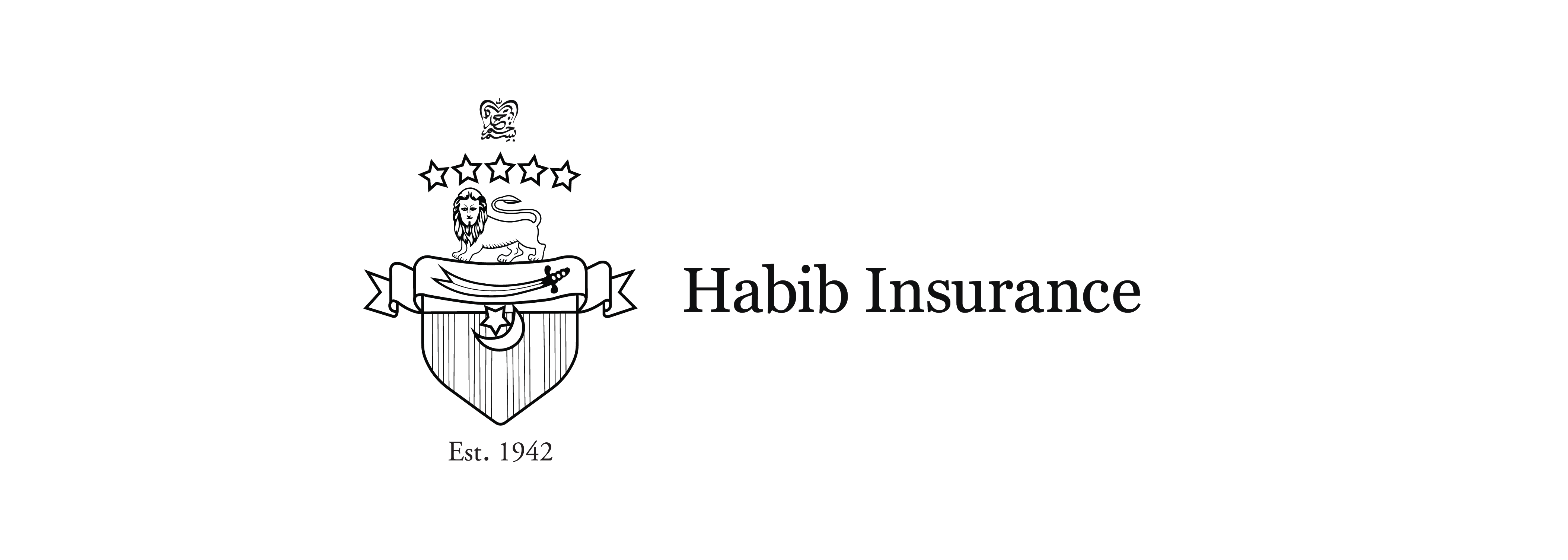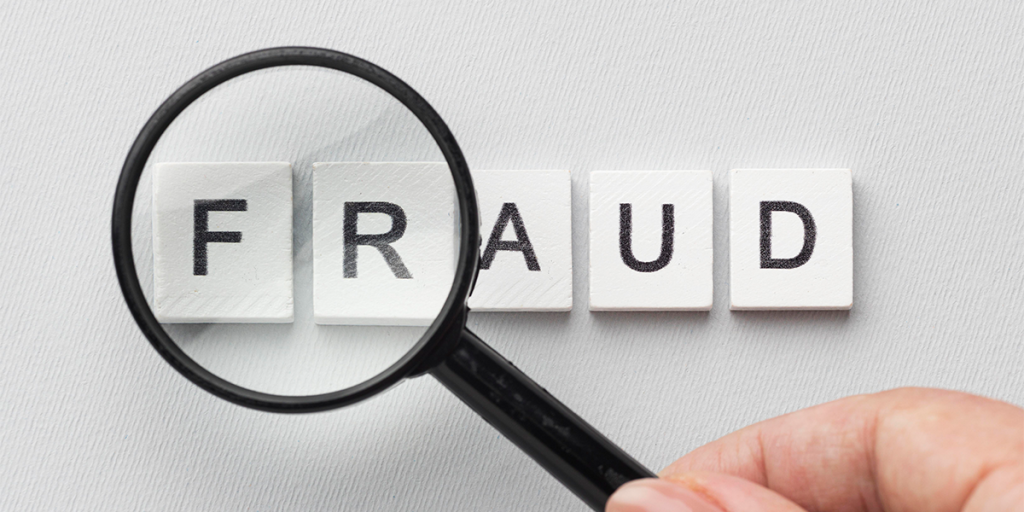In today’s world, insurance plays a vital role in protecting against financial loss caused by unforeseen events. However, for those who follow Islamic principles, traditional insurance may not align with their values due to interest (riba) and uncertainty (gharar). Takaful offers a solution, providing an ethical alternative that operates in accordance with Islamic law (Shariah). But how does takaful work, and why should you consider it for your personal or business needs?
This article will explain the principles behind takaful insurance, how it works, and why it’s becoming an increasingly popular choice for those seeking Sharia-compliant coverage.
What is Takaful?
At its core, takaful is a type of cooperative insurance based on shared responsibility and mutual assistance. Unlike conventional insurance, where the insurer assumes the risk in exchange for premiums, takaful operates on the concept of mutual cooperation among participants. In a takaful scheme, individuals or entities pool their resources together to protect each other against specified risks, such as fire, or theft.
The term takaful is derived from the Arabic word “kafalah,” meaning “guaranteeing each other.” In practice, participants contribute to a fund, and in return, they receive financial protection against risks, with the risk-sharing principles aligning with Islamic ethics. Habib Insurance and other leading insurance companies in Pakistan offer takaful products as a part of their commitment to providing ethical and transparent solutions for those who prefer Islamic insurance.
How Does Takaful Work?
The structure of takaful is quite different from traditional insurance. Here’s a breakdown of how it works:
- Contribution (Tabarru’): Each participant in a takaful scheme contributes a certain amount to a common fund, known as the “takaful pool.” These contributions are voluntary and are based on the level of coverage each participant requires. The amount paid is not considered a premium, but rather a donation (tabarru’) to the pool for the purpose of helping others in need.
- Risk Pooling: The pooled contributions are used to cover the financial losses of any participant who experiences a covered event, such as a fire or car accident. The risk is shared among all participants, so no one person or entity is solely responsible for covering the cost.
- Management by a Takaful Operator: A takaful operator, such as Habib Insurance, manages the pool on behalf of the participants. They ensure the fund is invested according to Islamic principles, avoiding prohibited activities such as dealing with alcohol, gambling, or interest-based transactions. The operator typically charges a fee for their management services, but the main goal is to ensure the fund operates ethically and efficiently.
- Surplus Distribution: If there is a surplus at the end of the year (i.e., more contributions than claims), it is usually distributed among the participants in proportion to their contributions. The surplus may also be retained to grow the fund for future needs. Any deficit or shortfall in the fund may be covered by the operator or through additional contributions from participants.
- Claims and Payouts: In the event of a claim, the affected participant is compensated from the takaful pool. The amount of the payout is determined based on the terms of the policy. Since the goal is mutual assistance, the compensation process is handled with fairness and transparency.
Key Features of Takaful
- Shariah Compliance: Takaful is fully in line with Islamic insurance principles, avoiding interest (riba), uncertainty (gharar), and unethical investments. This makes it an attractive option for those who wish to comply with Islamic law.
- Mutual Protection: The fundamental idea behind takaful is risk-sharing. It’s a system based on cooperation, where participants help one another financially during times of need.
- Surplus Sharing: If the takaful pool generates a surplus, it is shared among the participants, rather than being kept as profit by the company, as is common in traditional insurance. This feature makes takaful more transparent and fair.
- Ethical Investment: The funds in a takaful pool are invested in halal (permissible) ventures, ensuring that participants’ contributions are used ethically. Habib Insurance offers takaful products that adhere to these principles, allowing you to invest in a socially responsible and Sharia-compliant manner.
Why Should You Consider Takaful?
Here are some reasons why takaful could be the right choice for you:
1. Shariah Compliance
For Muslims who wish to ensure that their financial dealings comply with Islamic law, takaful is a highly attractive alternative to traditional insurance. By choosing takaful insurance, participants avoid engaging in riba (interest) and avoid the uncertainty (gharar) present in conventional insurance contracts. Takaful in Islam promotes fairness, transparency, and mutual assistance in times of need.
2. Ethical Investment
Traditional insurance policies often invest in businesses that may not align with Islamic values, such as alcohol, gambling, or arms manufacturing. Takaful investments are strictly screened to ensure they are in line with Shariah principles, making it an ethical investment choice for those concerned about their values.
3. Shared Risk and Financial Protection
Takaful ensures that the burden of financial risk is shared among participants. Whether it’s a fire at your home or a car accident, the community of participants will support you during tough times. This shared responsibility ensures that no individual bears the full financial burden, making it an attractive option for those looking for cooperative and community-based support.
4. Surplus Sharing and Transparency
In takaful, any surplus that arises after claims are paid out is shared among the participants. This provides a level of transparency and fairness that is often not present in conventional insurance, where profits are kept by the insurance company. Additionally, the surplus sharing makes takaful a more attractive and ethical option for those concerned about profit distribution.
5. Flexibility and Customization
Takaful policies can be tailored to meet the specific needs of individuals and businesses, whether you’re looking for property insurance, or auto insurance. The Habib Insurance offer options for vehicle insurance under takaful, ensuring that you have the protection you need while complying with Islamic values.
6. Peace of Mind
Knowing that your insurance policy aligns with your personal or religious beliefs gives you peace of mind. Many people find comfort in the fact that their insurance policy in Pakistan, whether for motor, or property, is managed in a way that’s ethical and socially responsible.
Conclusion
In conclusion, takaful offers a unique and Shariah-compliant alternative to traditional insurance, allowing individuals and businesses to protect their assets while adhering to Islamic principles. The principles of mutual assistance, shared risk, and ethical investment make takaful an attractive option for those seeking peace of mind and financial security.
Whether you’re considering takaful insurance for your home, vehicle, or business, Habib Insurance and other leading insurance companies in Pakistan offer a range of takaful solutions tailored to meet your needs. By opting for takaful, you not only protect your assets but also engage in an ethical and community-based approach to insurance.
Consider takaful today and make the switch to a more transparent, ethical, and Sharia-compliant insurance solution.











